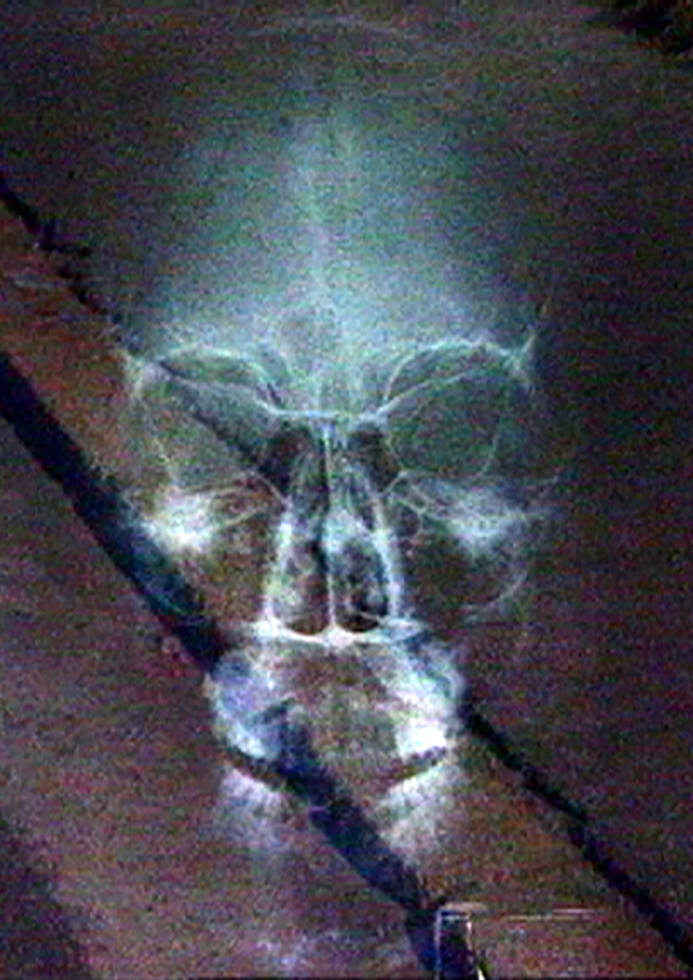When my time is up
How do young people react to death?
Malika can’t forget the old lady she accidentally killed in a traffic accident. Johanna, a palliative care nurse, deals with death on a daily basis. Claire has lived with the constant thought of her own demise ever since she learned she was HIV-positive. Finally, Alexandre, Séverine and Valérie are orphans, having been deprived of their parents since childhood. These stories reveal the world in which we live and die.
Only one attitude is incompatible with death: indifference. Whether it’s one’s own death, that of others, or that of loved ones, death is both threatening and fascinating. TEMPS PRESENT commissioned the directors of the CLIMAGE collective to make this film, which highlights the way in which one generation – that of young people – looks at death. They spoke to a number of individuals confronted with death in a wide variety of situations. The testimonies they gathered from them reveal how they live with the idea of death and the fears it arouses.
Everything has been said about death, but everything remains to be said. Each generation has its own anxieties about death, and each individual has to find his or her own way of dealing with it.
Our society, having tried to postpone death and perhaps even secretly hoped to conquer it, has had to acknowledge its powerlessness. Taking over from religion, science has demonstrated its determination to relieve the individual of responsibility for death. The taboo of death remained all the more dense.
The desire to help people come to terms with death is, of course, well-founded: it’s an attempt to give it a human dimension. But can we humanize death, can we make it acceptable and suppress the revolt it arouses?

